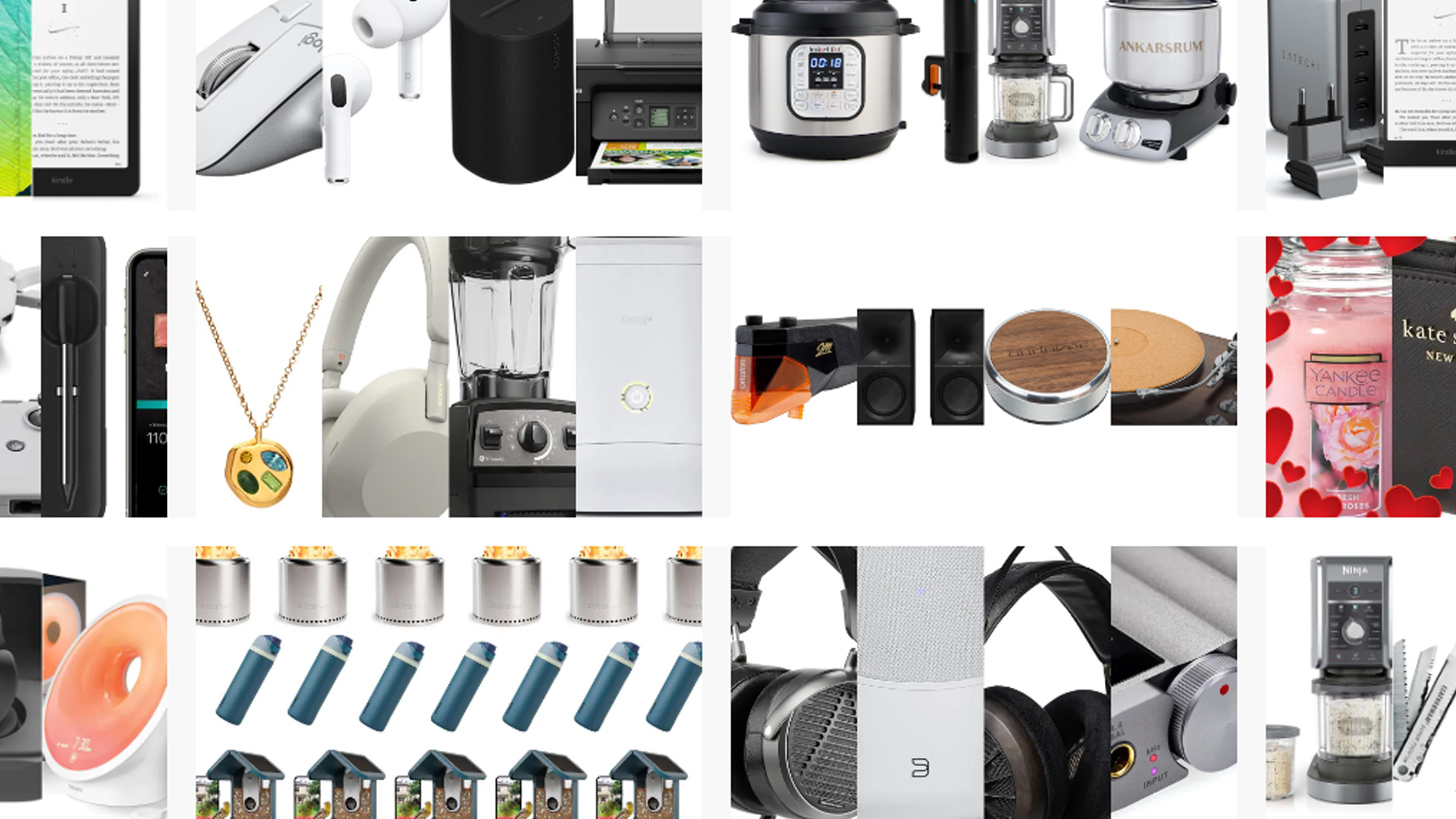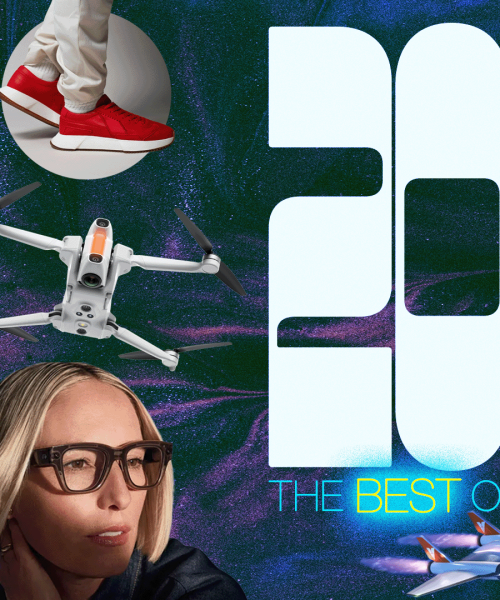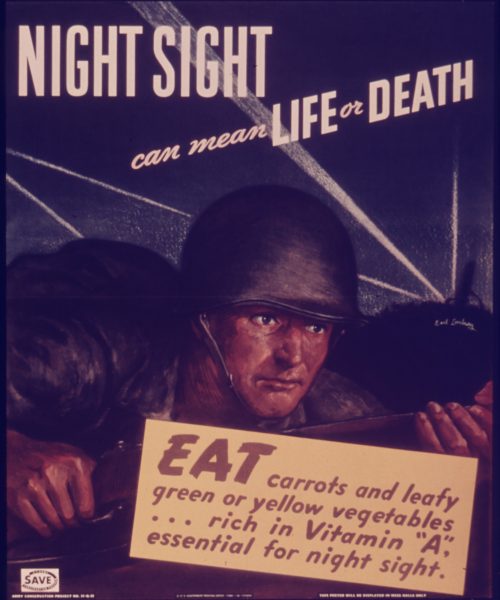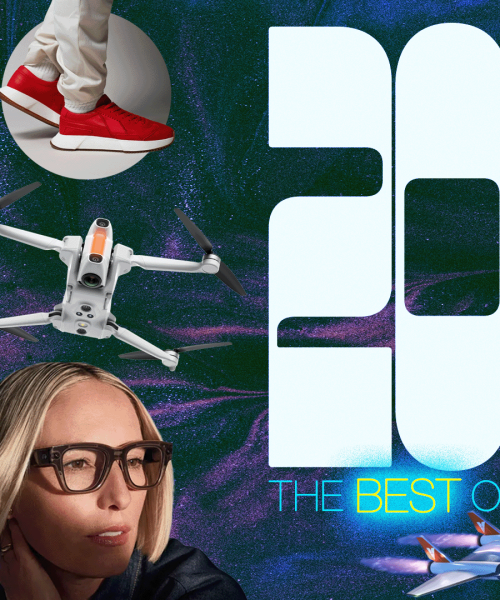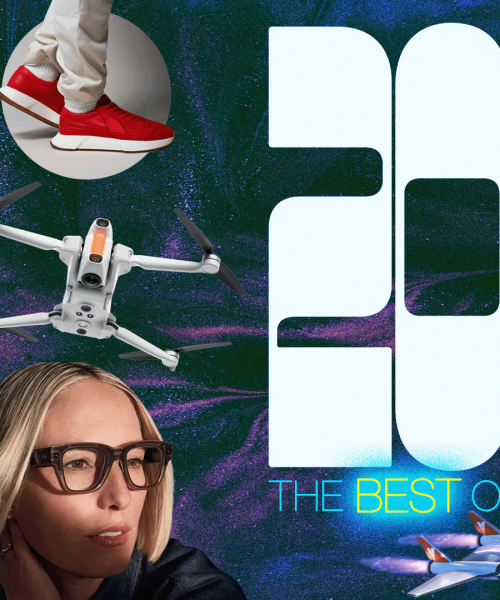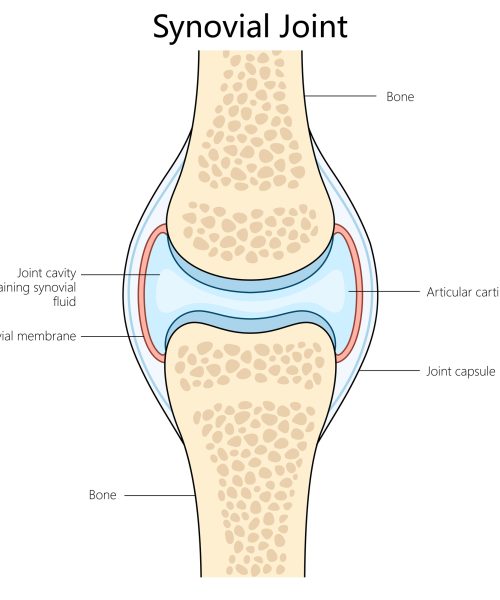Once your adult teeth replace your childhood chompers, they are with you for life–a period that is a lot longer than it used to be.
“That molar that came in when you were six years of age, for most of human history, that tooth had to make it from six to 50, maybe 60 if you were really old,” says Matthew Messina, director of Ohio State University’s Upper Arlington Dental Clinic and Dental Oncology Clinic. “Now we’re expecting that same tooth to make it to 90, 100 years old.”
To keep your teeth in shape for our longer lifespans, separating good dental advice from misleading fads or myths is essential.
Don’t rinse after brushing
The basics of dental health are well established.
“The healthy four is what I recommend to my patients,” says Messina. “Brush twice a day with a fluoride-containing toothpaste, floss or clean between your teeth once a day, see your dentist on a regular basis, and eat a healthy diet.”
If you manage to do these things, he says, “You’re top one percent.” It’s that simple. Spitting, rather than rinsing after brushing, can give tooth-strengthening fluoride the time it needs to work. If you want to rinse, do it before brushing your teeth, while flossing (gently).
Teeth are not tools
Messina says it’s important that we use our teeth for their intended purpose: biting and crushing food.
“They’re not designed to pull the little plastic price tag tabs off. They’re not designed to help open things,” he says. Cracking open a drink with your mouth can cause your teeth to chip or break, and reaching for the pliers instead of your molars is a far better idea.
To pull or not to pull?
If you want to add extra steps to your dental hygiene routine, choose them carefully. Some widely touted dental practices, such as the Ayurvedic technique of oil pulling, have been around for thousands of years.
It involves swilling (or “pulling”) an edible oil–for example, coconut oil–around the mouth and then spitting it out. Messina says while no robust trials have been conducted on the technique’s effectiveness, there’s little reason oil pulling would be harmful unless you had a mouth infection at the time. Some case reports have suggested a link to an upset stomach. “It was the height of fashion 5000 years ago, and I’d like to think that we’ve improved a little bit at this point,” says Messina.
Charcoal: A wood sander for your teeth
Not all alternative dentistry is harmless. Messina says that recent trends to encourage charcoal toothpaste could be putting users’ teeth at risk. Charcoal toothpaste is marketed as a whitening product for removing stains. This may do what it says on the tin, but in the same way that a wood sander will lighten your hardwood floors.
Charcoal is an abrasive powder composed of natural oxidized substances. Rubbing this into your teeth regularly can wear away at your enamel, the protective coating on your teeth.
“If you wear it away, it’s not coming back,” says Messina, who argues that “excessive use of charcoal products for whitening can be extremely dangerous.”
Tooth brushing as a dieting brain hack?
One theory about tooth brushing is that it can be an effective appetite suppressant. Messina says this is not down to some Wegovy-like manipulation of our appetite, but because eating food after brushing your teeth tastes bad, signaling to your body that the time for eating has passed.
Where appetite and dental health do interact is in the timing of our meals. When we eat food, bacteria in our mouth metabolize sugars in that food, producing acid as a by-product. This acid is what leads to the breakdown of our teeth, says Messina. If we eat many small meals or snacks throughout the day, this means our mouth bacteria are being fed constantly.
“Or teeth are being subjected to a day-long acid bath,” says Messina. To counteract this, Messina recommends combining your snacks–eating them as a dessert after a main meal. This reduces the number of opportunities bacteria have to eat.
